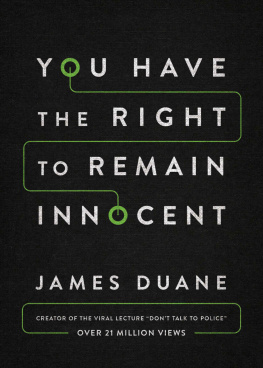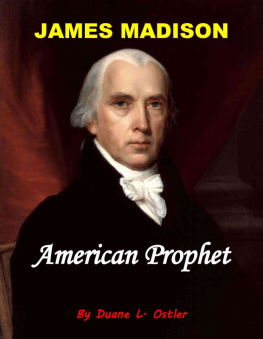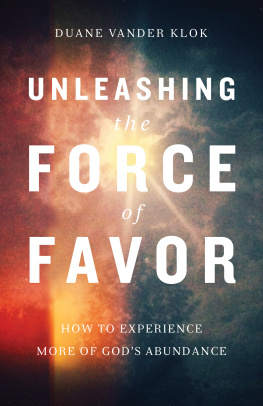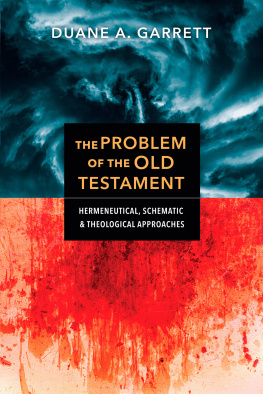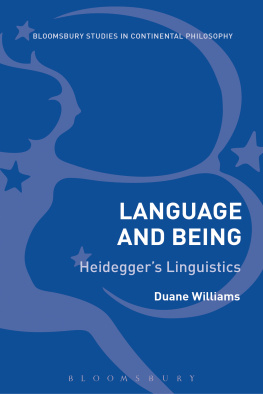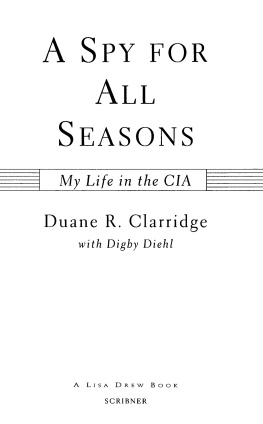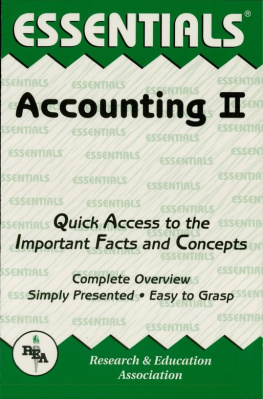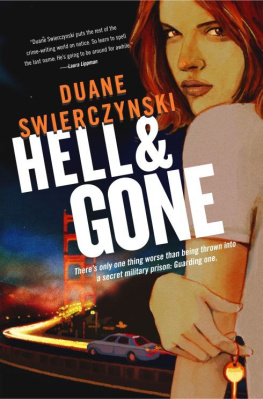Advance Praise for
YOU HAVE THE RIGHT TO REMAIN INNOCENT
In this quick and wonderful read, one of Americas most eloquent writers on legal subjects makes clear why you should never, ever answer police questions about your past conduct, however virtuous and civic-minded you may be. You Have the Right to Remain Innocent describes a stream of miscarriages of justice that occurred only because innocent suspects cooperated with deceptive officers preying on their ignorance and good intentions. The book makes its case with verve and passion, and even if you are a tough-on-crime conservative or a police chief, it is likely to persuade you.
Albert W. Alschuler, University of Chicago Law School former federal prosecutor
James Duane is an experienced criminal defense lawyer and a tough-minded legal scholar. This is not just a book of advice; it is a passionate and disturbing critique of the rules governing police interrogations in the United States. It repays careful reading.
David Alan Sklansky, Stanford Law School former federal prosecutor
The stories in You Have the Right to Remain Innocent will help you remember why you should not talk to the police and exactly how to assert your rights. This book could save youor your childrenyears of imprisonment for a crime committed by someone else. Read it and then make sure your kids read it too.
Randy E. Barnett, Georgetown University Law Center director of the Georgetown Center for the Constitution
James Duanes amazing but true stories of innocent people exonerated after decades of wrongful imprisonment (which could have been avoided if they had just insisted on their fundamental right to avoid self-incrimination) are riveting reminders of the high price we pay, as individuals and as a society, when we fail to assert our constitutional rights.
Laurence H. Tribe, Harvard Law School
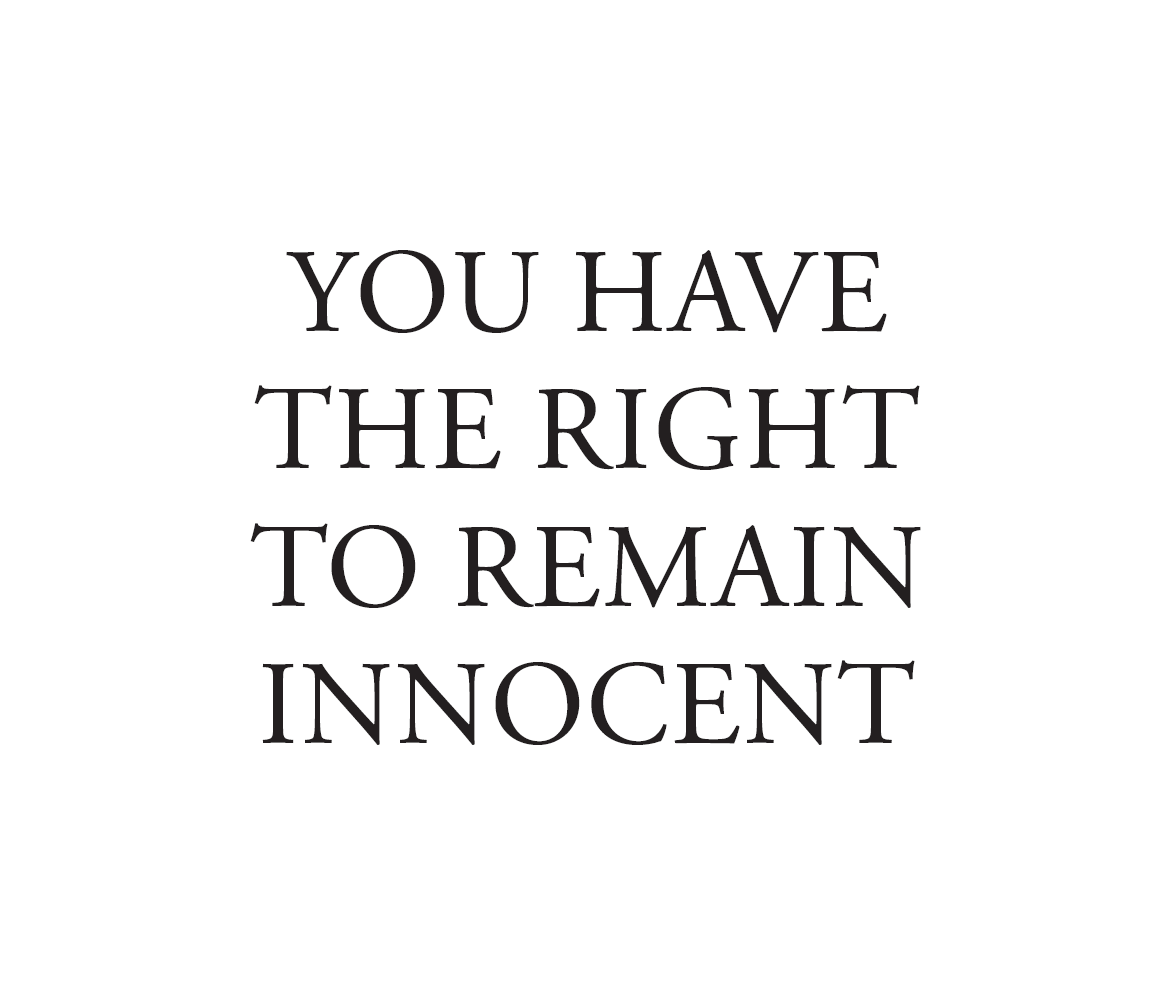
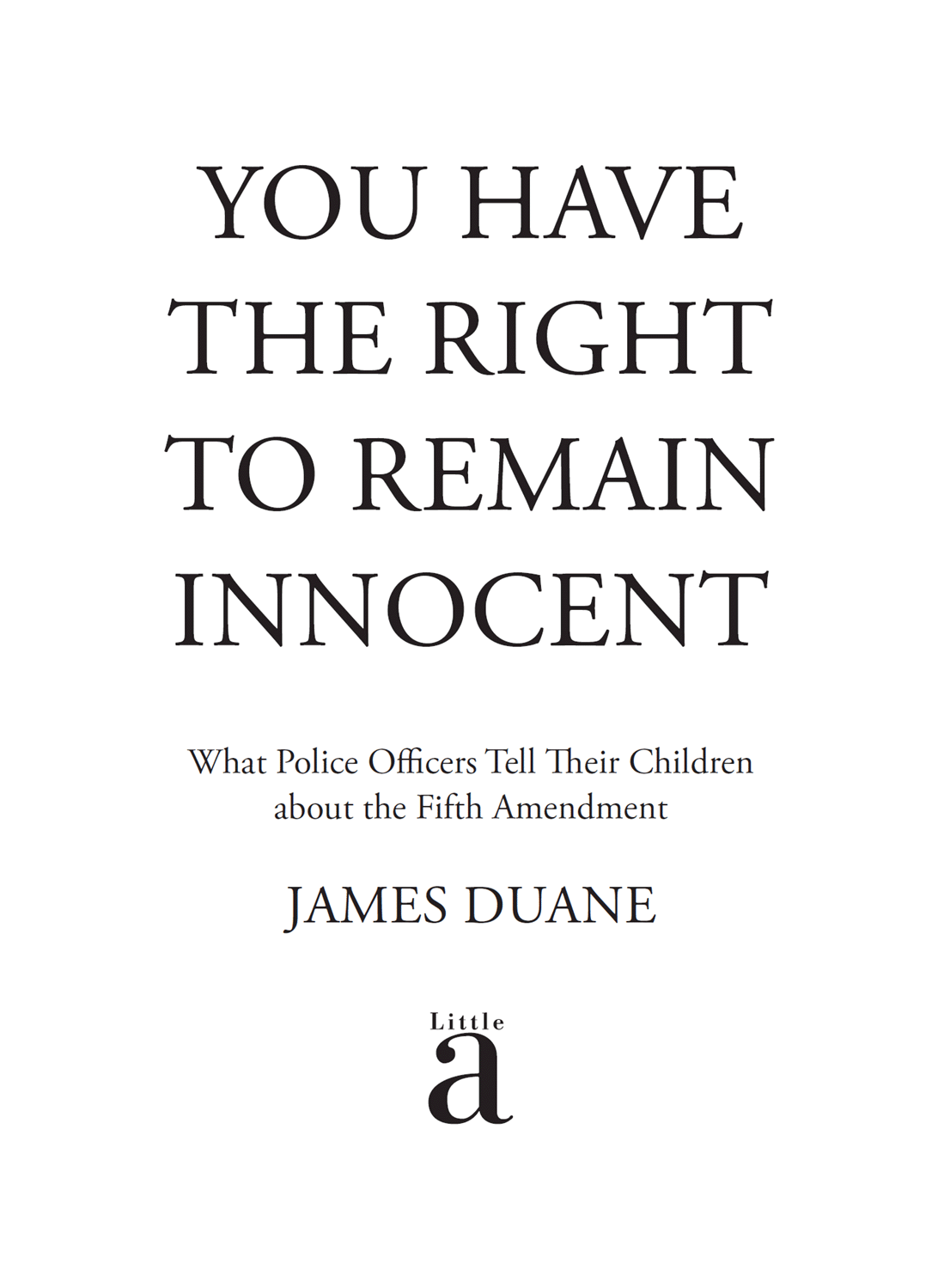
Text copyright 2016 James Joseph Duane
All rights reserved.
No part of this book may be reproduced, or stored in a retrieval system, or transmitted in any form or by any means, electronic, mechanical, photocopying, recording, or otherwise, without express written permission of the publisher.
Published by Little A, New York
www.apub.com
Amazon, the Amazon logo, and Little A are trademarks of Amazon.com, Inc., or its affiliates.
ISBN-13: 9781503933392
ISBN-10: 1503933393
Cover design by Tim Green, Faceout Studio
Dedicated with love to my sons, Daniel and Solomon.
CONTENTS

I
DONT TALK TO POLICE
[A]ny lawyer worth his salt will tell the suspect in no uncertain terms to make no statement to the police under any circumstances.
Former United States Attorney General and Supreme Court Justice Robert Jackson, Watts v. Indiana , 338 U.S. 49, 59 (1949) (concurring opinion)
I n the past five years, I have spoken dozens of times to thousands of individuals around the United States about the right to remain silent. Most of my audience members have been students in college or law school. Everywhere I go, I just about always make a point to ask how many people in attendance have a parent who is a police officer or a prosecutorand of those attendees, what their parents have advised them about the Fifth Amendment. In almost every group, there is at least one student who tells me that his father is a state trooper, or that her mother is a prosecutor. Every time this happens, without exception, the student in question has told me basically the same thing: Years ago, my parents explained to me that if I were ever approached by a law enforcement officer, I was to call them immediately, and they made sure that I would never agree to talk to the police. (Most of these young people also volunteered that their parents in law enforcement advised them to never allow an officer to search their apartment or car, but that is the subject for another book.) Not once have I met the child of a member of law enforcement who had been told anything different.
Everyone who is privileged enough to know how the criminal justice system operates in America would never advise their loved ones to waive the right to remain silent in the face of a criminal investigation. We routinely see people in power, such as police officers and government officials, pleading the fifth (like Lois Lerner, the former director of the Internal Revenue Services Exempt Organizations unit, who asserted her Fifth Amendment privilege and refused to answer any questions when she was summoned before a congressional committee in 2013). These are officials who have made a career out of talking people into waiving their right to remain silent, but when the questions are suddenly directed at them, they will not waive their own.
You need to pause for a moment and let that sink in.
It doesnt matter whether you are a liberal or conservative. I do not even care whether you are heartless enough to remain unconcerned about the fact that our legal system routinely convicts innocent people. Nobody of sound mind can dispute that there is something fundamentally wrong, and intrinsically corrupt, about a legal system that encourages police officers and prosecutors to do everything in their power to persuade you and your children (no matter how young or old) to do the right thing and talkwhen they tell their own children the exact opposite.
I intend to bring to an end, once and for all, that obscene double standard in the American criminal justice system that allows only the citizens who are in the know to protect themselves from a legal system that is designed to prey upon ignorance and good intentions. Most people have no idea what they are up against when they agree to talk to the police. Everybody in this country faces a terrible risk, however small, that someday the police will come calling. Someday, you might even be arrested and asked whether you would mind answering just a few questions to help clear things up. You have no way to know whether that fateful moment will ever come your way, or when it will happen. But if it does happen to you, or perhaps to one of your children, it will come without warning and you will suddenly have to make one of the most important decisions of your life. You will almost certainly not be offered the chance to speak to anyone other than the officer. The only advice you will receive in that moment is likely to come straight from the police officer, who will lie to you by claiming to represent your best interests. And the police will make these claims very convincingly, because they have been practicing the same lies on other people for years. In that moment, if you make the wrong decision, or if you simply dont know any better, what you say could cost you your freedom, perhaps for the rest of your life.

This book will explain what every police officer knows about the American criminal justice system. It will explain how even innocent criminal suspects can unwittingly give the police information that can be used to help convict them of a crime they did not commit. I am not claiming, of course, that it is never a good idea to talk to the police. A few years ago, I recorded a lecture about the importance of the Fifth Amendment and some of the reasons why you should never agree to answer unexpected and unsolicited questions from the police. That video has been viewed millions of times on YouTube, which is a great thing for the country. As a result, my mailbox has been filled ever since by comments and questions, many from those who wonder whether I mean that one should avoid speaking to police in every imaginable scenario. Of course not. That would be ridiculous.
Next page
